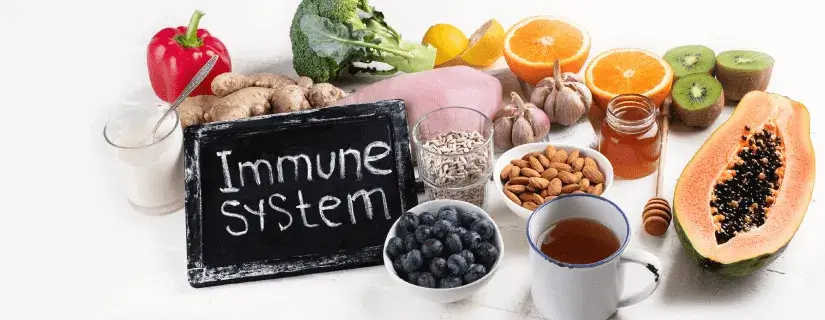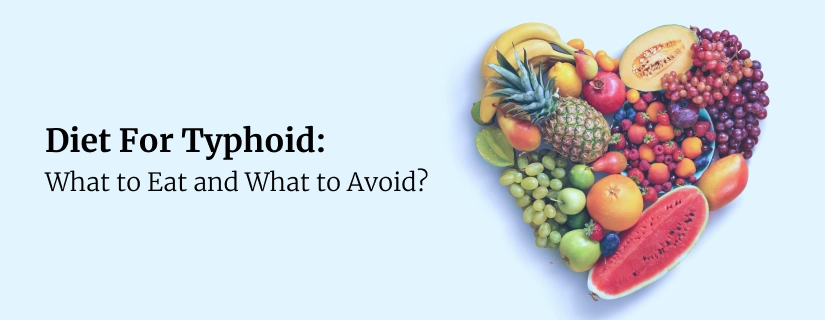-
Doctors
-
Specialities & Treatments
Centre of Excellence
Specialties
Treatments and Procedures
Hospitals & Directions HyderabadCARE Hospitals, Banjara Hills CARE Outpatient Centre, Banjara Hills CARE Hospitals, HITEC City CARE Hospitals, Nampally Gurunanak CARE Hospitals, Musheerabad CARE Hospitals Outpatient Centre, HITEC City CARE Hospitals, Malakpet
HyderabadCARE Hospitals, Banjara Hills CARE Outpatient Centre, Banjara Hills CARE Hospitals, HITEC City CARE Hospitals, Nampally Gurunanak CARE Hospitals, Musheerabad CARE Hospitals Outpatient Centre, HITEC City CARE Hospitals, Malakpet Raipur
Raipur
 Bhubaneswar
Bhubaneswar Visakhapatnam
Visakhapatnam
 Nagpur
Nagpur
 Indore
Indore
 Chh. Sambhajinagar
Chh. SambhajinagarClinics & Medical Centers
Book an AppointmentContact Us
Online Lab Reports
Book an Appointment
Consult Super-Specialist Doctors at CARE Hospitals
Fruits Good For Diabetes
Updated on 6 September 2023
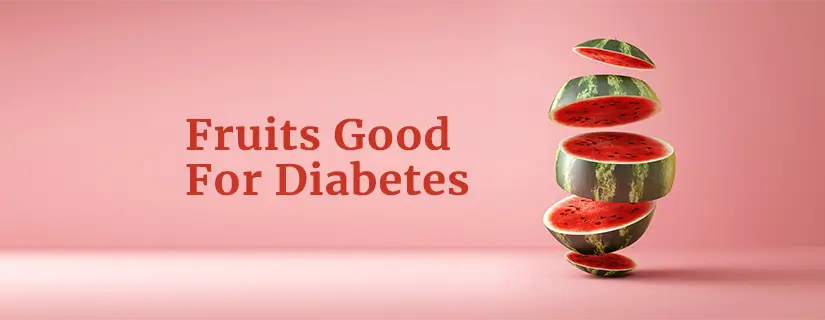
In the intricate dance of managing diabetes, the role of diet takes center stage. Among the myriad food choices, the natural sweetness and nutritional bounty of fruits offer a refreshing oasis. Delving into a spectrum of flavors, colors, and textures, we embark on a journey to uncover the fruits that not only tantalize our taste buds but also align with the delicate balance of blood sugar control.
This blog serves as a compass, guiding you through the bounty of diabetes-friendly fruits. We'll navigate the nuances of glycemic index, fiber content, and essential nutrients, revealing a palette of options that can empower you to make informed dietary decisions. Whether you're newly diagnosed or seeking to enhance your diabetes management, join us in exploring the delectable world of fruits that harmonize with your health goals.
Amidst the sweetness of nature's offerings, we'll uncover the scientific intricacies that make certain fruits stand out as allies in stabilizing blood sugar levels. Together, we'll celebrate the art of enjoying fruits without compromising your well-being, as we pave a path toward a more vibrant and balanced lifestyle. So, let's embark on this fruitful expedition, savoring the delicious possibilities that await while embracing the empowerment that comes with making the right choices for your diabetes journey.
12 Fruits Good For Diabetes
Here are 12 diabetes-friendly fruits that can be incorporated into a balanced diet to help manage blood sugar levels:
1. Berries: Blueberries, strawberries, raspberries, and blackberries are rich in antioxidants, fiber, and vitamins, and have a lower glycemic index.
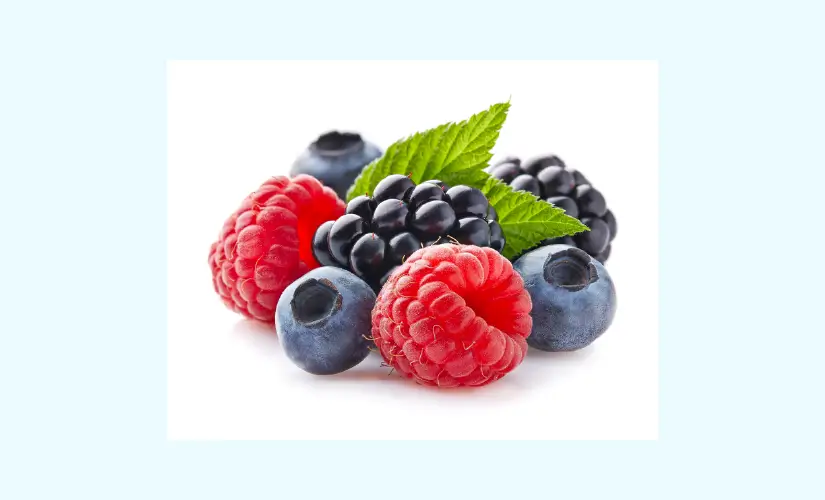
2. Apples: Packed with soluble fiber, apples can help regulate blood sugar and provide a satisfying crunch.
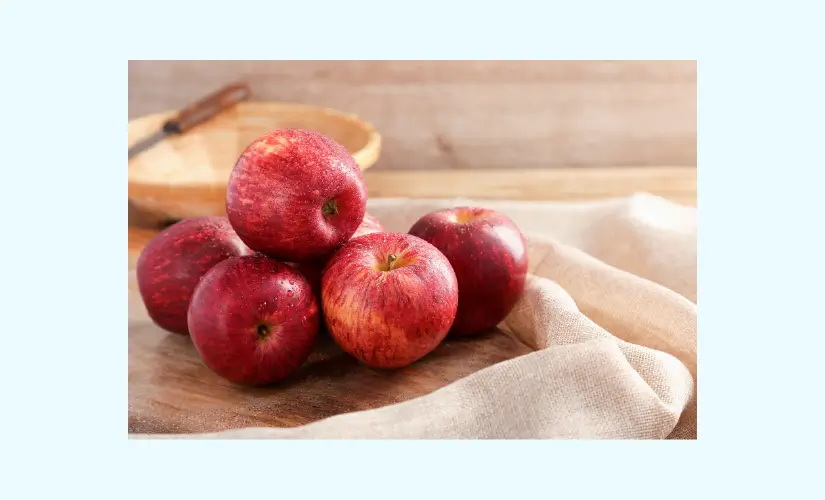
3. Pears: With their fiber content and slow-digesting sugars, pears contribute to steady blood sugar levels.
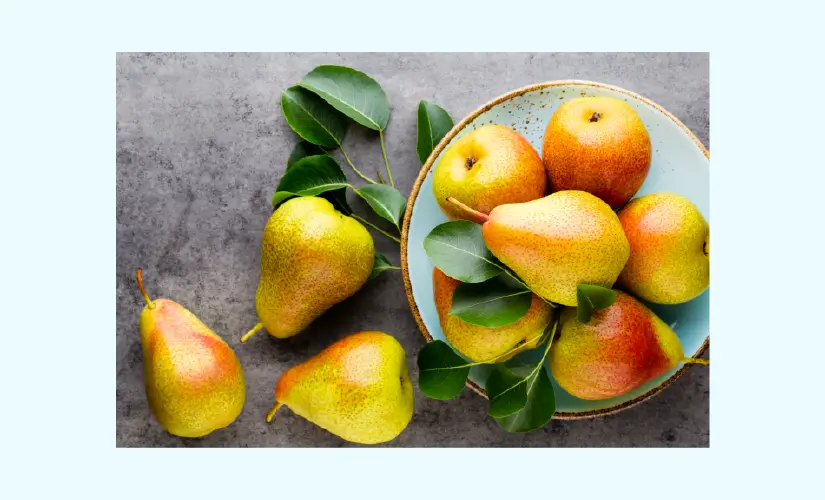
4. Citrus Fruits: Oranges, grapefruits, lemons, and limes offer vitamin C and soluble fiber, promoting better glycemic control.
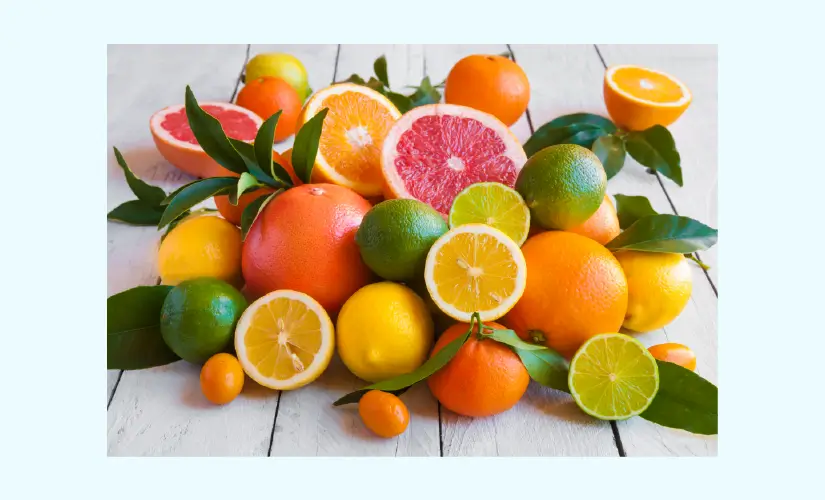
5. Cherries: Cherries contain compounds that may improve insulin sensitivity and help manage blood sugar.
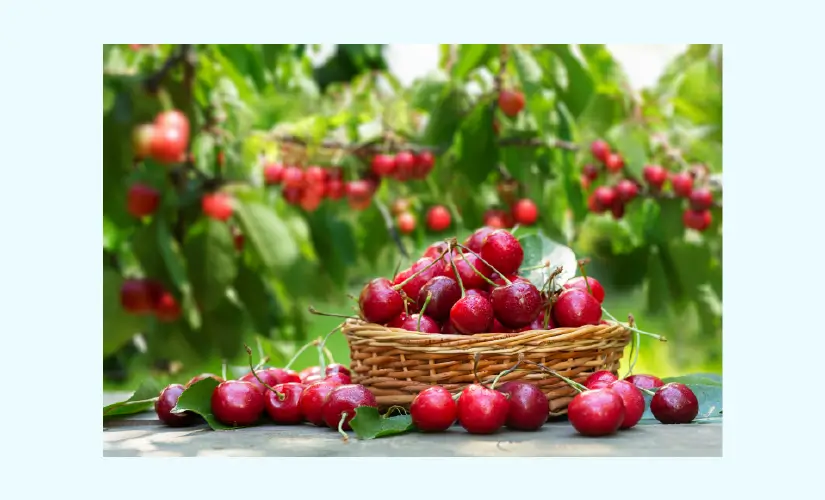
6. Peaches: These fruits provide fiber and essential vitamins while having a relatively low impact on blood sugar.
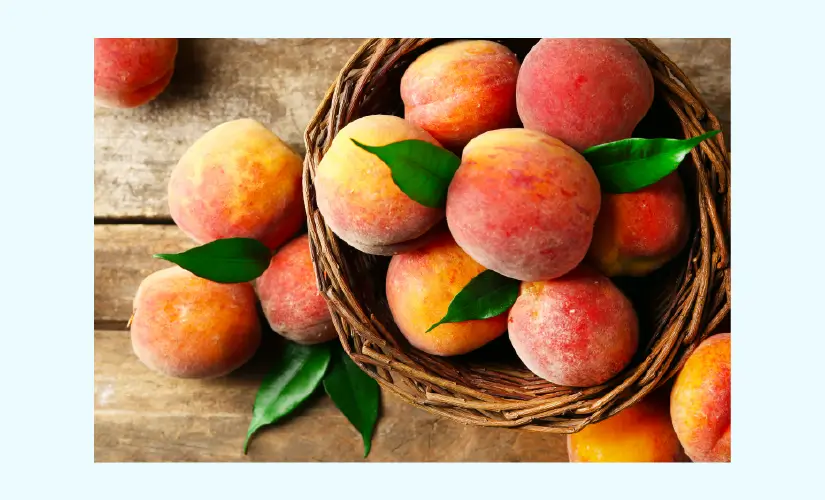
7. Plums: Plums are a good source of antioxidants and fiber, contributing to better blood sugar management.
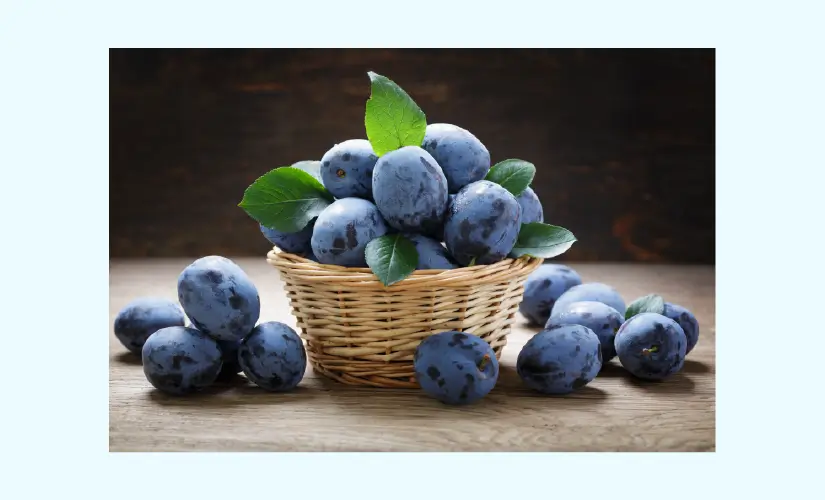
8. Kiwi: Rich in fiber and low in carbohydrates, Kiwi is a diabetes-friendly option with a low glycemic index.
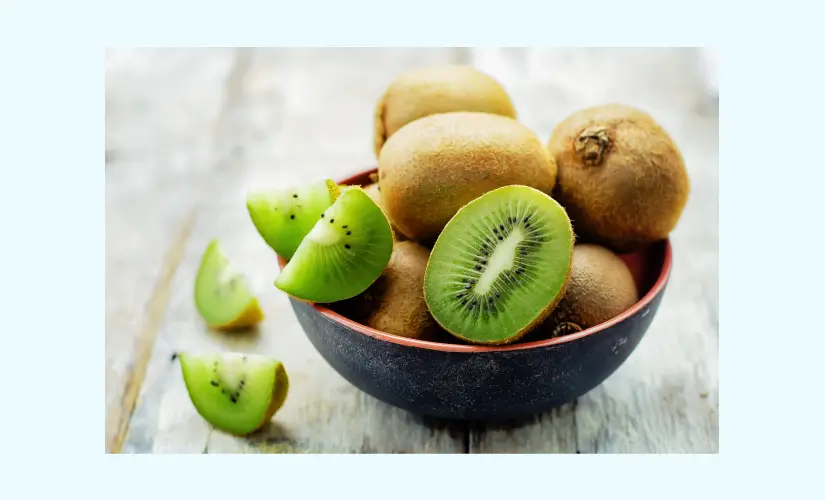
9. Grapes: Opt for small portions of grapes to enjoy their antioxidants and fiber without causing major blood sugar spikes.

10. Watermelon: Despite its natural sweetness, watermelon has a low glycemic index and can be enjoyed in moderation.
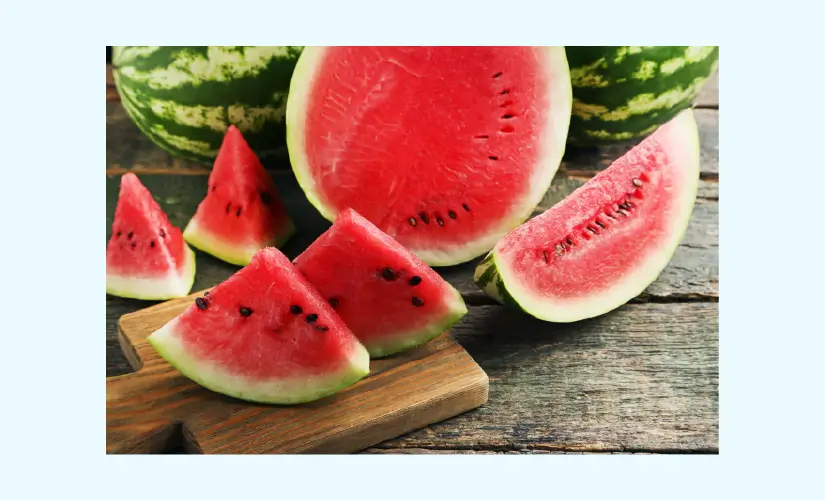
11. Melons: Cantaloupe and honeydew are lower in sugar and provide vitamins and hydration.
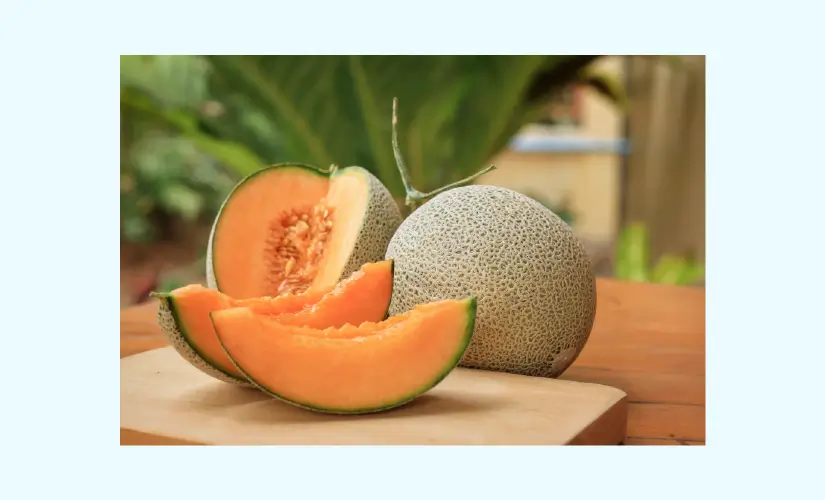
12. Apricots: Apricots offer fiber and important nutrients while being kinder to blood sugar levels.
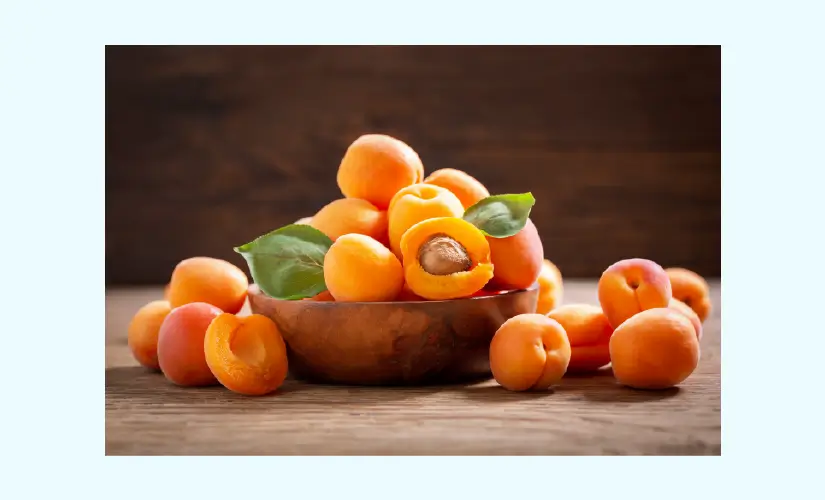
Remember, portion control is key, and it's a good idea to pair fruits with sources of protein or healthy fats to further stabilize blood sugar. Additionally, individual responses to fruits can vary, so monitoring your blood sugar levels after consuming different fruits can help you identify which ones work best for you. As always, it's advisable to consult with a healthcare professional or a registered dietitian when making significant dietary changes, especially if you have diabetes.
How do you include fruits in the diet?
Including fruits in your diet is a delicious and nutritious way to boost your overall health. Here are some simple tips on how to include fruits in your daily meals:
- Start your day with fruit: Add fruits like berries, bananas, or sliced apples to your breakfast routine. You can enjoy them with yogurt, cereal, oatmeal, or as a topping on whole-grain toast.
- Snack on fruits: Keep a bowl of fresh fruits, such as grapes, strawberries, or oranges, within easy reach for quick and healthy snacks throughout the day. Pair them with a handful of nuts or a serving of cheese for a balanced snack.
- Blend them into smoothies: Whip up a refreshing smoothie by blending together your favorite fruits with yogurt, milk, or a dairy-free alternative. Experiment with different combinations to create delicious and nutritious drinks.
- Add them to salads: Enhance the flavor and nutrition of your salads by tossing in a variety of fruits, such as sliced apples, pears, or mandarin oranges. Fruits add sweetness and freshness to your salads, making them more enjoyable.
- Include them in main dishes: Get creative to include fruits in your main courses. For example, add diced mango or pineapple to stir-fries, or use fruit-based salsas as a topping for grilled chicken or fish.
- Enjoy them as desserts: Instead of reaching for sugary desserts, satisfy your sweet tooth with naturally sweet fruits. Try grilling peaches or baking apples with a sprinkle of cinnamon for a healthier dessert option.
- Hydrate with fruit-infused water: Add cucumber, berry, or citrus fruit slices to water to make it more refreshing. It makes ordinary water taste better and encourages you to stay hydrated throughout the day.
How do fruits affect blood sugar?
The effect of fruits on blood sugar levels varies depending on several factors, including the type of fruit, its ripeness, the presence of fiber, and how it's consumed. Here's how fruits can affect blood sugar:
- Sugar Contents: Some fruits have more sugar content than others in relation to berries and citrus fruits.
- Fiber Contents: The presence of fiber in fruits can hinder a high amount of sugar going into the bloodstream which can cause a sudden rise in sugar levels. Fruits that are high in fiber content like apples that still have their skin on, tend to have lower glycemic index.
- Glycemic Index (GI): This is an index system that ranks food according to how quickly it increases blood glucose levels. Berries and cherries are some examples of fruits with low glycemic indexes, while watermelon and pineapple are some examples of those with high glycemic indexes.
- Portion Size: Eating a lot of fruit might increase your intake of sugars, which may result in blood sugar rises. Moderation is key, and it's essential to consider portion sizes when including fruits in your diet, especially for individuals with diabetes or insulin effectively.
- Processing and Cooking: Processing the fruit to get juices or cooking them destroys their fiber component making it easier for sugars present to be absorbed rapidly leading to high blood sugar compared to eating whole fruit.
Fruits to Avoid in Diabetes
While fruits are usually considered a healthy choice, people with diabetes should be cautious about their carbohydrate intake and how fruits affect their blood sugar levels. Here are some fruits that people with diabetes may want to consume in moderation or avoid if they tend to cause significant spikes in blood sugar:
- Dried Fruits: Dried fruits like raisins, dates, and dried apricots are concentrated sources of sugar and can raise blood sugar levels quickly due to their high sugar content and reduced water content.
- Fruit Juices: Fruit juices lack the fiber found in whole fruits and are concentrated sources of sugar. Fruit juice can quickly raise blood sugar levels, therefore it's usually recommended for diabetics to avoid it altogether.
- Tropical Fruits: Some tropical fruits like mangoes, pineapples, and papayas tend to be higher in natural sugars and have a higher glycemic index compared to other fruits. Consuming these fruits may lead to more significant increases in blood sugar levels.
- Canned Fruits in Syrup: Canned fruits often contain added sugars or syrup, increasing their carbohydrate content and glycemic load. So, opting for fresh or canned fruits packed in water or juice is a better choice for managing blood sugar.
- Bananas: While bananas are nutritious and contain essential vitamins and minerals, they are relatively high in carbohydrates and can cause blood sugar levels to rise. So, choosing smaller bananas or consuming them in moderation can help minimize their impact on blood sugar.
- Grapes: Grapes are sweet and can raise blood sugar levels quickly due to their high sugar content. Eating grapes in moderation and pairing them with protein or healthy fats can help mitigate their effect on blood sugar.
Conclusion
In the vibrant tapestry of managing diabetes, the inclusion of fruits adds both flavor and nutrition to the journey. Our exploration of diabetes-friendly fruits has illuminated a spectrum of choices that harmonize with the delicate dance of blood sugar regulation.
From the antioxidant-rich berries that grace our mornings to the crisp, fiber-packed apples that satisfy our cravings, nature offers a bountiful array of options for those seeking to navigate their diabetes journey. These fruits not only bring pleasure to our palates but also contribute to our overall well-being by supplying essential vitamins, minerals, and fiber.
As we conclude this journey through the orchard of diabetes-friendly fruits, let us embrace the wisdom of moderation and balance. Each fruit, with its unique combination of nutrients and glycemic impact, has a place in a well-thought-out meal plan. Pairing them with sources of protein, healthy fats, and whole grains further enhances their benefits.
Remember, no single fruit holds the key to perfect diabetes management. Instead, it is the synergy of mindful choices, portion control, regular monitoring, and a holistic approach to health that empowers us to thrive.
So, let the sweetness of berries, cherries, and the crispness of apples remind us that diabetes management can be a flavorful and fulfilling journey. With knowledge, intention, and a palette of nature's finest offerings, including fruits that stabilize blood sugar, we can savor life's sweetness while maintaining steady blood sugar levels. As you continue to make conscious choices and cultivate a harmonious relationship with these fruits, may your diabetes journey be guided by well-being, empowerment, and the joy of nourishing your body with nature's bounty.
FAQs
1. Are dry fruits good for diabetes?
Dry fruits like raisins, dates, and dried apricots are concentrated sources of sugar and can raise blood sugar levels quickly due to their high sugar content. Therefore, they should be consumed in moderation by people with diabetes.
2. Which fruit is sugar-free?
No fruit is entirely sugar-free. However, fruits like berries (e.g., strawberries, raspberries, blueberries) and melons (e.g., watermelon, cantaloupe) tend to have lower sugar content compared to other fruits. They can be good options for people looking to limit their sugar intake.
3. Are fruits good for type 2 diabetes?
Yes, fruits are generally good for people with type 2 diabetes as they provide essential nutrients, vitamins, minerals, and fiber. However, it's important for people with diabetes to monitor their carbohydrate intake from fruits and choose options with lower sugar content and a lower glycemic index to help manage blood sugar levels.
4. Which fruit is high in sugar?
Some fruits are higher in sugar content compared to others. Examples of fruits that are relatively high in sugar include bananas, grapes, mangoes, and cherries. While these fruits can still be part of a healthy diet, individuals with diabetes should consume them in moderation and be mindful of their portion sizes to manage blood sugar levels effectively.
To Book an Appointment, call:
ENQUIRY FORM
SELECT CATEGORIES
-
Neurosciences (16)
-
Neurology (37)
-
Neurosurgery (14)
-
Orthopaedics (48)
-
Oncology (33)
-
Obstetrics and gynecology (52)
-
Pulmonology (23)
-
Urology (20)
-
Nephrology (13)
-
Psychiatry (7)
-
Dietetics and Nutrition (111)
-
General Medicine (63)
-
Cardiac Sciences (32)
-
Vascular & Endovascular Surgery and Interventional Radiology (15)
-
Gastroenterology (46)
-
Endocrinology (23)
-
Plastic Surgery (10)
-
Critical Care Medicine (5)
-
COVID-19 (16)
-
Dermatology (16)
-
Emergency Care (1)
-
Ophthalmology (4)
-
Pediatrics (14)
-
Laparoscopic and Bariatric Surgery (8)
-
ENT (15)
-
Kidney Transplant (1)
-
Liver Transplantation and Hepatobiliary Surgery (5)
-
General Surgery (3)
-
Internal Medicine (5)
-
Medicine Information
How to Increase Hemoglobin Count
Eosinophilia: Causes, Symptoms, Diagnosis, and Treatment
YOU MAY ALSO LIKE
RECENT BLOGS
-

Preterm Birth (Premature Birth): Symptoms, Causes, Treatment and Prevention
13 May 2025
Read More
-

Rotablation Angioplasty: Benefits, Treatments, And Recovery Time
9 May 2025
Read More
-

What Is The Difference Between IUI and IVF?
9 May 2025
Read More
-

Venous Malformations: Causes, Symptoms, and Treatment
30 April 2025
Read More
-

Varicose Vein Foam Sclerotherapy: Treatment, Benefits, and Procedure
30 April 2025
Read More
-

Radiofrequency (RF) Ablation Treatment for Varicose Veins: Know More
30 April 2025
Read More
-

Varicose Vein Sclerotherapy: Treatment, Benefits, and Procedure
30 April 2025
Read More
-

Varicose Vein Endovenous Laser Ablation: Procedure, Benefits, Risks
30 April 2025
Read More
Have a Question?
If you cannot find answers to your queries, please fill out the enquiry form or call the number below. We will contact you shortly.

















